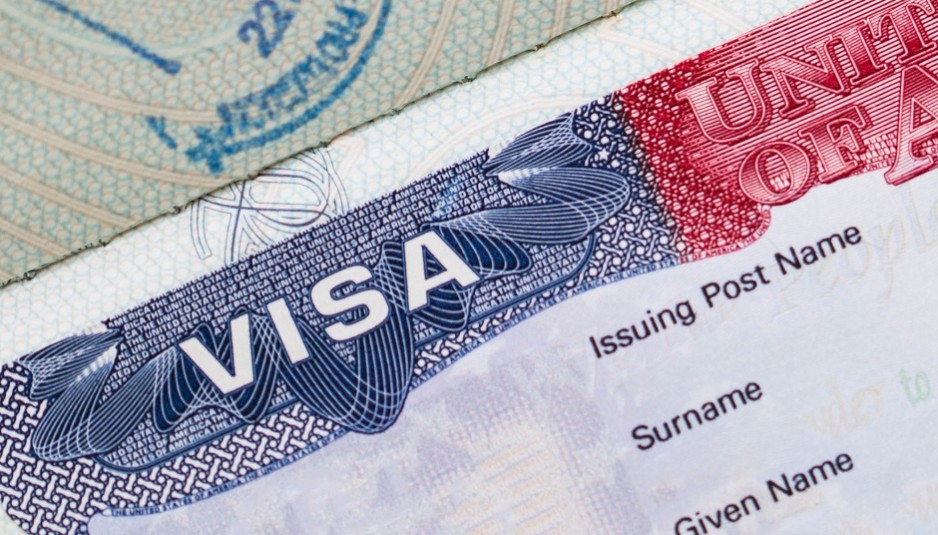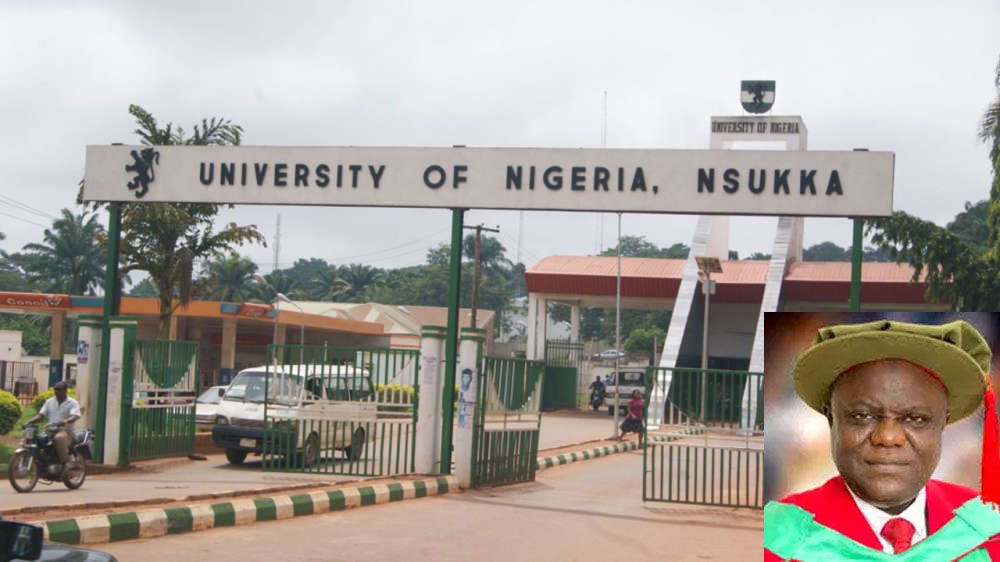“I will be firm, fair, and transparent in the discharge of my duties. UNN must not lag behind in the current technological revolution, characterised by the rivalry between OpenAI and DeepSeek,” he assured.

At least 63 bills are currently before the Senate and the House of Representatives for the creation of new universities, polytechnics, colleges of education since the beginning of shutdown of activities in public tertiary institutions in the country in 2022, according to a PUNCH’s report.
The Academic Staff Union of Universities, Academic Staff Union of Polytechnics and Colleges of Education Academic Staff Union have, however, warned the government against the establishment of new institutions while failing to fund the existing ones.
Nigeria is said to currently have 49 federal universities, going by the official data from the National Universities Commission, with 59 state universities and 111 private universities.
The National Board for Technical Education also puts the number of Federal Polytechnics at 40; state owned at 49 and private at 76.
While a total of Federal and state owned colleges of health is 70; Nigeria currently has 17 private colleges of health.
The National Commission for Colleges of Education put the total number of colleges of education in Nigeria at 219.
An analysis of the 63 bills on creation of new institutions being considered by both the Senate and the House of Representatives revealed that 26 bills are for federal universities; 33 bills for federal colleges of education; agriculture; health; technology; and forestry among other specialised colleges.
The lawmakers also proposed four bills for the creation of new polytechnics.
However, a professor at the Adekunle Ajasin University, Ondo State, Victor Olumekun, in an interview with The PUNCH, faulted the lawmakers for turning the establishment of new institutions into constituency projects.
Olumekun said, “I say it often that it is not the number of universities that we have that matter but the capacity to do what universities are supposed to be doing.
“As an academia, we don’t have to establish universities in every town, village and hamlet. University education is not about number, it is about capacity.”
The National President of ASUP, Dr. Anderson Ezeibe, said the move showed a clear lack of direction.
“We have continued to maintain that government should fund existing institutions to enable them meet their mandates. Passing bills for new institutions at this time is for political convenience and not in the public interest,” he said.
The General Secretary, COEASU, Dr Ahmed Bazza, also faulted the development.
He said, “There is shortage of lecturers in all tertiary institutions because the system has made it so harsh that there is high level of brain drain in the system. We are trying to cope with that and also trying to cope with the funding and facilities.
“Then someone will just wake up for political reasons and say he is proposing a bill to establish a new university. That is not fair to the system honestly.
The Programme Director, Reform Education Nigeria, Ayodamola Oluwatoyin, also accused the lawmakers of trying to score political goals.
Oluwatoyin said, “It is so unfortunate that we live in a country where lawmakers use matters like education to score cheap political goals, this is unheard of in any part of the world.
“How will you propose new bills for new institutions when the existing ones are on shutdown? Who advises these individuals?”

Chicago University clarifies US visa revocation policy for international students
However, the University of Chicago has provided clarification to help ease these concerns for students on F-1 or J-1 visas.
Revocation means your visa is no longer valid and cannot be used to re-enter the U.S.

UNN appoints Prof Olayiwola Usman as first Yoruba DVC (Academics)
The University of Nigeria, Nsukka (UNN) has appointed Professor Kamoru Olayiwola Usman, a Yoruba Muslim from Oyo State, as Deputy Vice-Chancellor (Academics), marking the first time in the institution’s history that a person of Yoruba descent has held the position.
The appointment, made by the Acting Vice-Chancellor (Ag. VC), Professor Oguejiofo T. Ujam, is part of ongoing reforms aimed at fostering inclusive governance and restoring the university’s academic excellence.
In a statement issued yesterday in Abuja, the university reaffirmed its commitment to merit-based leadership and national unity.
Professor Ujam stated: “The appointment of Professor Usman reflects our resolve to prioritise competence over sectional considerations. It is imperative that we sustain this culture of inclusivity and meritocracy to move the university forward.”
In addition to Professor Usman’s appointment, the Acting VC also named Dr Mansur Adebowale Saddiq as Acting Director of the Medical Centre, further demonstrating his commitment to promoting excellence over sectional interests.
Both appointments have been widely welcomed by scholars and students from diverse backgrounds, recognising them as steps towards strengthening national unity within the institution.
READ ALSO:
Professor Usman, who succeeds Professor Urama, holds a PhD in Mathematics Education and previously served as Provost of the Federal College of Education (Special), Oyo State, from 2015 to 2023.
A distinguished academic, he is a fellow of the Mathematical Association of Nigeria and a member of several professional bodies, including the National Institute of Policy and Strategic Studies and the Nigerian Educational Research Association. His initial tenure as DVC (Academics) will last for two years, with the possibility of renewal.
Meanwhile, the statement also highlighted that during a recent University Senate meeting, Professor Ujam emphasised the collective responsibility of repositioning UNN as a centre for ethical and innovative learning.
“A collective effort is required to place the institution on a steady path towards ethical and innovative learning. UNN must regain its pride of place as Nigeria’s premier university. We must rid the system of narrow-minded sectionalism and divisive tendencies that have eroded the enabling environment for research, comparative studies, and the adaptive application of new knowledge,” the statement read.

FG to pay corps members backlog of delayed N77,000 allowance
The Federal Government has promised to pay the backlog of the new ₦77,000 monthly allowance to members of the National Youth Service Corps (NYSC).
The corps members’ allowance was increased from ₦33,000 to ₦77, 000 in September 2024.
However, the new rate has yet to be implemented.
Minister of Youth Development, Ayodele Olawande, on Monday said serving corps members and those in the scheme when the increment was announced in September 2024 would receive a backdated payment.
He gave the assurance when he was featured on Channels Television’s Politics Today.
He said, “You saw the new DG saying that you will get it, and they’re asking him a question ‘What about those that are going out now, are they going to receive it [backlog]?’ He said ‘We have your details’,” the minister said.
“The backlog, we will work on it and make sure it is paid. It may not be immediate but it will happen.”


Breaking: Tinubu sacks Kyari, appoints Ojulari as new NNPCL GCEO


Man jailed 3 months for non-declaration of $30,000 at airport


Trump slams Nigeria with high tariff in shocking trade crackdown


Updated: Notorious bandit leader Bello Turji goes berserk, kills 12 for Eid


Edo Gov Okpebholo wins round one as tribunal upholds his election


Police hunt for last suspect in LASU graduate killing


Petitioners mobilise constituents for fresh Natasha’s recall


South African court acquits Nigerian pastor of rape after 8 years in jail